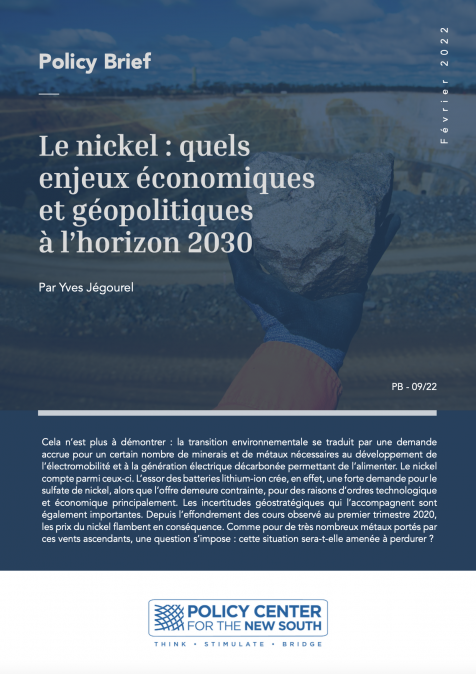Publications /
Paper in Academic Journals
Has the integration of European, North American and Asian natural gas markets been fostered over the last few years by growing LNG export capacities and an increasing market share of spot transactions? This is the key question that this article sets out to answer.
For this purpose, we develop bivariate error correction models with structural breaks and asymmetric responses among gas references prices, oil prices, and coal prices. We use daily prices of all reference prices spanning from January 12, 2004, to January 12, 2018, for the North American, Asian and European areas. We show that if European and U.S. gas prices are co-integrated when multiple breaks are allowed, their respective markets cannot be considered integrated. However, our results show that the degree of interdependence between European and American prices is increasing, whereas the degree of interdependence between gas and crude oil prices is decreasing. More surprisingly, we also highlight that reversions to long-term equilibria both between the Henry Hub (HH) and the National Balancing Point (NBP) and between the HH and the Japan Korean Marker (JKM) are highly asymmetric, a pattern that could be intuitively interpreted as the consequence of market arbitrage strategies by exporting countries in a context of oversupplied markets.











